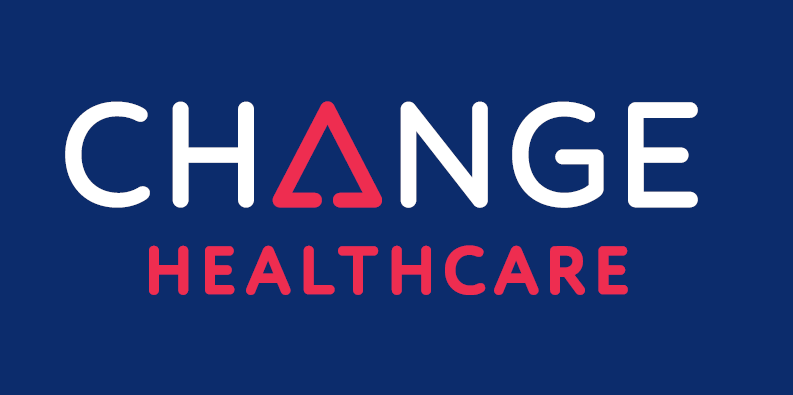
Change Healthcare today unveiled InterQual® 2019, the latest edition of the company’s flagship clinical decision support solution. The new release builds on Change Healthcare’s tradition of continuous innovation in content and technology. Among the new features is support for ‘Hospital in the Home’ programs, which have gained traction as an alternative option to acute inpatient stays. This latest edition also advances the technology in InterQual AutoReview™ with Episode Day One review functionality. These additions complement the rigorous, ongoing review of InterQual criteria, which includes thousands of new content updates and enhancements.
Hospital in the Home Clinical Model Gaining Traction
The Hospital in the Home clinical model is gaining traction in the U.S. with the availability of advanced telemonitoring and point-of-care diagnostics and services. It has demonstrated significant cost savings, fewer readmissions, and increased patient satisfaction. InterQual now makes it possible for payers and providers to use evidence-based clinical guidelines to help clinicians identify patients who are candidates for these programs. Working in partnership with healthcare leaders with deep expertise in establishing Hospital in the Home programs, Change Healthcare has developed InterQual criteria for seven conditions that would be considered appropriate for management in the home at the acute level of care.
“As more organizations move into value-based relationships, developing creative solutions that help us achieve the triple aim of improving the patient experience, improving the health of populations, and reducing the per capita cost of health is paramount,” said Laura Coughlin, RN, vice president of Strategy and Clinical Development with Change Healthcare. “Innovative programs like Hospital in the Home can help to move the nation toward these goals, but payers and providers need guidance about which patients can be safely managed in this setting. We have invested in the criteria to support customers with programs in place and those who are interested in establishing a program.”
With this release, InterQual AutoReview now includes continuous updates of the clinical data from the EHR over the first 24 hours to gather a more complete picture of an admitted patient. InterQual AutoReview can now provide a full admission review for more than 50 high-volume conditions. On average, 75% of the data needed for initial reviews can be automatically populated with data pulled from the EHR—significantly reducing time spent on manual entry.
InterQual’s content has been updated to reflect the current best evidence, impacting nearly half of existing subsets. There are also significant additions including more than 80 new subsets, 250 new indications, new molecular diagnostic tests, specialty drugs, and imaging recommendations. The enhanced criteria help payers and providers to:
Address Outpatient Care Trends with:
1) restructured criteria to direct patients to the Observation level of care first when appropriate;
2) new criteria to help determine the optimal inpatient or outpatient setting for procedures such as total hip replacement, along with;
3) new benchmark data on the percentage of hospital stays reimbursed as Outpatient with Observation Services that can help organizations compare their performance to national norms.
Combat Opioid Abuse with Expanded Coverage with a new subset for urine drug testing, expanding InterQual’s comprehensive coverage for opioid management.
Support Physician Decision-Making with customized tools such as the Physician IRR test, which helps medical directors assess the accuracy and consistency of secondary reviews and a Physician Admission Guide, which summarizes the key differences in severity and treatment criteria between the Observation and Acute levels of care for common conditions.
With these updates, InterQual continues to lead the way in providing trusted, evidence-based criteria and technology solutions to improve clinical decision-making and care management.
